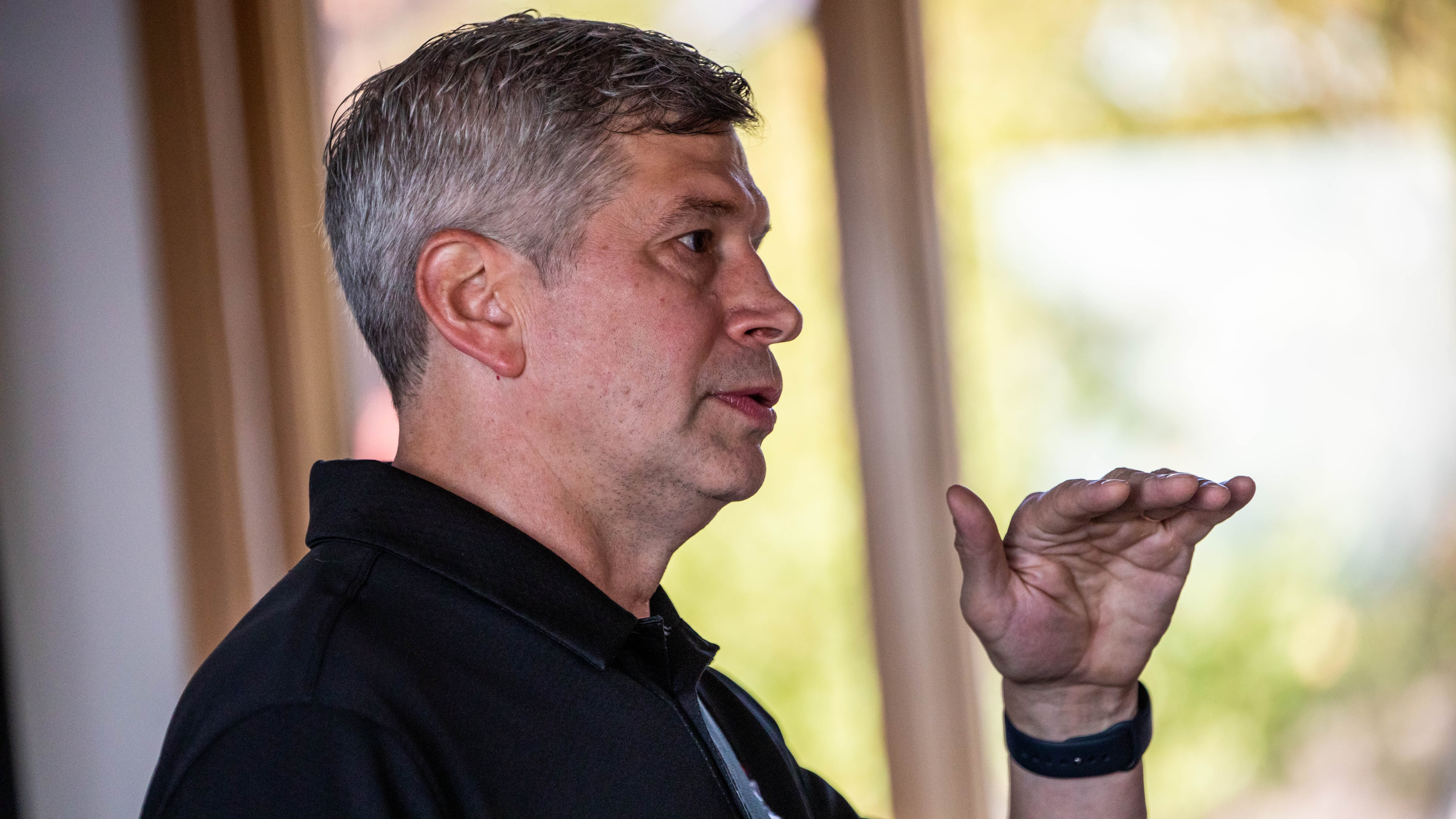In a February interview, City Commissioner Rene Gonzalez told WW that he received no pushback from Portland Street Response leaders over his order that its crisis response teams stop distributing tents and tarps to homeless Portlanders. If any concerns were voiced by the program, Gonzalez said, they were “not [expressed] to us.”
But an email obtained by WW shows that Portland Street Response director Robyn Burek took issue with earlier instructions from Portland Fire & Rescue that bureaus bring tent distribution policies into line with city goals to end unsanctioned camping—more or less a directive to stop handing such supplies out.
Burek expressed concern in a Jan. 10 email to Gonzalez after Portland Fire & Rescue advised her to bring PSR’s practices in line with the city’s crackdown on unsanctioned camping and its goals to set up six large sanctioned encampments across the city.
“Given that the city has not set up the sanctioned campsites yet, and that there is a severe shortage of shelter beds available, would it be acceptable for PSR and [the Community Health Assess & Treat program] to provide these basic supplies to individuals until those resources are made available?” Burek asked Gonzalez. “Our biggest concern centers on the fact that it’s winter and we’re concerned about an individual’s ability to stay medically and physically safe.”
One month later, Gonzalez formally banned PSR’s tent distribution.
In a phone call with WW, Gonzalez says he stands by what he said in February. In fact, Gonzalez adds, Burek’s Jan. 10 email triggered the tent and tarp ban Gonzalez implemented the following month: “There was no policy to even discuss when she sent me the email. It was not a response to a tent or tarp policy. Her email was in response to us asking our bureaus, how are you supporting the move to sanctioned or unsanctioned camping?”
He says he is “not aware of her pushing back” on the policy but also says he handed over the policy process to his chief of staff, Shah Smith.
“I’m not sure what questions were asked during that process. I did not interact with [Burek],” Gonzalez says. “Which would’ve been my process. She was not a direct report. I was taken aback that Portland Street Response was going straight to the commissioner and not through fire leadership.”
Portland Street Response, a program that sends teams of unarmed mental health professionals to people in crisis on the streets, is overseen by the fire bureau. Gonzalez says he wants a different relationship to PSR than that of former City Commissioner Jo Ann Hardesty, who championed the program’s creation.
“I was taken aback,” he says, “by the direct involvement of my predecessor with Portland Street Response, at times to the exclusion of the rest of” the fire bureau.
Burek’s email to Gonzalez was not the first time she had advocated for distributing tents. It followed an email Burek sent to Mayor Ted Wheeler’s top aides on Dec. 22, outlining why she believed her program should continue handing out tents and tarps to homeless Portlanders. It appears, according to the email, Burek had emailed the mayor’s staff to get approval on a refined tent and tarp policy written by PSR. (This was before Gonzalez took office, and before he implemented the tent and tarp ban.)
In the email, Burek mentions the risk of hypothermia, the lack of shelter beds across the city, particularly for disabled people, and the privacy offered by a tent.
“For those living on the streets, mental illness and trauma are inextricably exacerbated by a lack of safety and basic needs being met,” Burek wrote. “A tent provides a small bit of safety, privacy, and meets a basic need in the moment.”
Portland Street Response did not respond to a request for comment regarding Burek’s email to Gonzalez, nor did it answer questions about whether Burek now supports Gonzalez’s tent ban.

